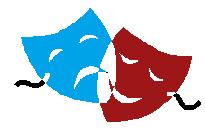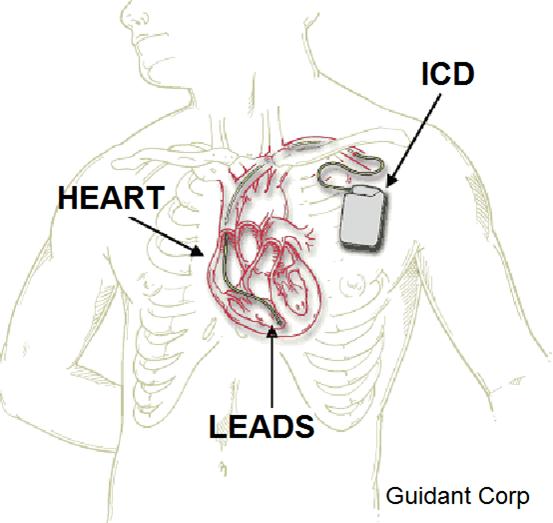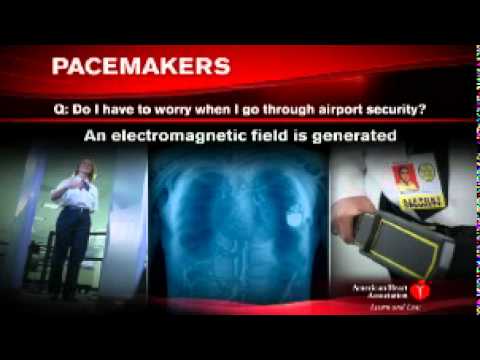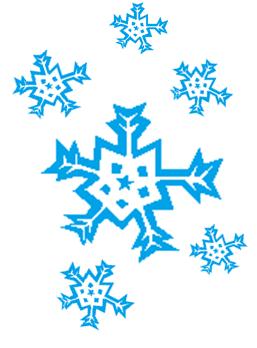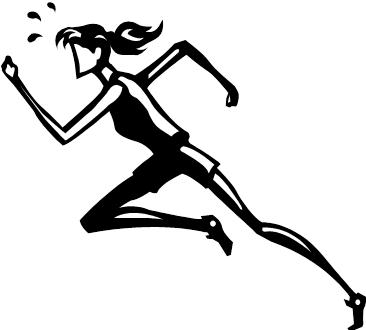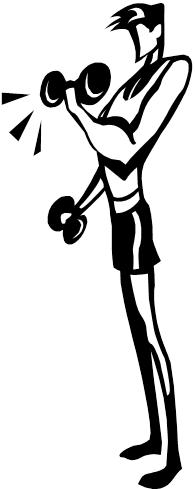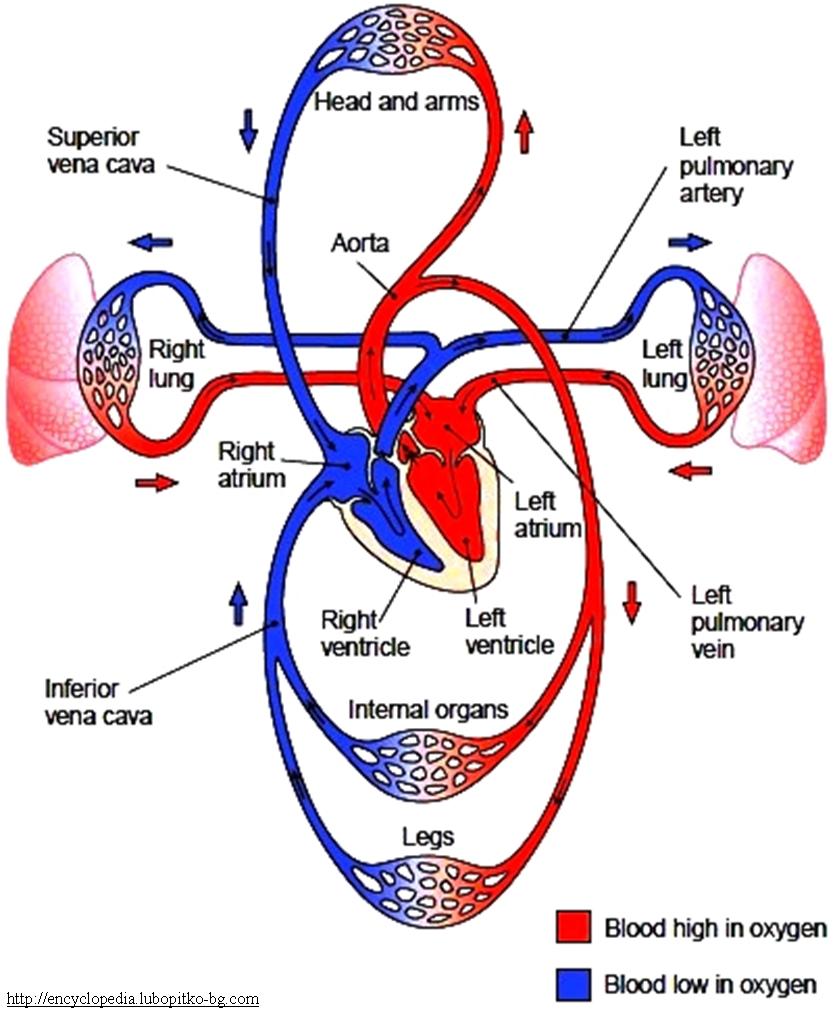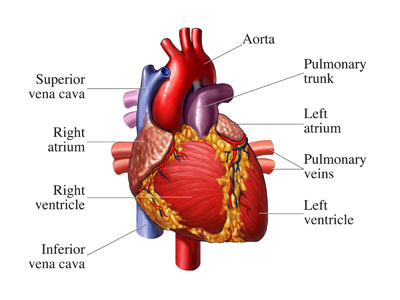Cognition & Emotion
Sudden cardiac arrest survivors frequently face both cognitive and emotional difficulties.
Anoxic brain damage is frequently a consequence of sudden cardiac arrest. When the heart stops pumping blood to the brain there may be decreased oxygen delivery. Insufficient oxygen may result in cell death. Certain areas of the brain are more susceptible to decreased oxygen levels. Commonly effected areas may regulate coordination, memory, vision, reasoning and problem solving.
- Traumatic Brain Injury
- Impaired Cognition and Behavior Problems
- Behavioral Changes
- Cognitive and Memory Issues
- Organizing Life After Brain Injury
- Neurological Impairments Following SCA & ICD Implantation
- Memory Loss Among SCA Victims
- Preserving Memories
- Brain Injury Rehab
- Cognition & Memory
- Cognition
Depressed, anxious, stressed, or confused? It is natural to have highs and lows and mixed emotions throughout your SCA experience. The following articles provide information for dealing with emotional struggles.
Open Discussion
Share any additional thoughts!
Emotion
Depressed, anxious, stressed, or confused? It is natural to have highs and lows and mixed emotions throughout your SCA experience. The following articles provide information for dealing with emotional struggles.
Family & Friends
Sudden Cardiac Arrest can seem as hard, emotionally, on the family and friends as it is on the survivor. The unexpected and unfamiliar event has a strong toll on all involved. Throughout hospitalization and the days, months and years after family and friends need support and information regarding care for their loved one and, just as important, consideration of their own well-being.
Implantable Cardioverter-Defibrillator (ICD)
What does it do? What to avoid. Will it shock me? Will if hurt?
Hypothermia
You arrive at the hospital. You are distraught. Where are they? What happened? How are they? Why are they COLD? Hypothermia is a treatment used, with cardiac arrest victims, in order to prevent physical damage.
Exercise
Returning to your previous lifestyle may take time. Cardiac rehab facilitates returning to normal activities. Explore new activities that fulfill your desire to be active while remaining in the bounds of new exercise limitations.
Brain Injury
Anoxic brain damage is frequently a consequence of sudden cardiac arrest. When the heart stops pumping blood to the brain there may be decreased oxygen delivery. Insufficient oxygen may result in cell death. Certain areas of the brain are more susceptible to decreased oxygen levels. Commonly effected areas may regulate coordination, memory, vision, reasoning and problem solving.
- Traumatic Brain Injury
- Causes, problems and outcomes
- Impaired Cognition and Behavior Problems
- Common cognitive and behavior issues and how to deal with them
- Behavioral Changes
- Cognitive and Memory Issues
- Organizing Life After Brain Injury
- Neurological Impairments Following SCA & ICD Implantation
- Memory Loss Among SCA Victims
- Preserving Memories
- Brain Injury Rehab
- Cognition & Memory
- Cognition
Cardiac Arrest Facts & Info
Cardiac Arrest is caused by an "electrical problem" resulting from an irregular rhythm in the heart. The heart quivers rather than contracts, preventing blood from being pumped to the rest of the body.
Heart Attack is caused by a "plumbing problem" resulting from clogged blood vessels. Blocked arteries prevent oxygen delivery to the heart. Low oxygen levels may result in damage to the heart muscle. This damage may contribute to poor electrical function in the heart which may cause sudden cardiac arrest.
What is a Sudden Cardiac Arrest ?
Quick Facts
- Sudden Cardiac arrest is the leading cause of death in the United States.
- Every 2 minutes a life is lost due to sudden cardiac arrest. [1]
- Sudden cardiac arrest is commonly linked to heart disease.
- 4 out of 5 sudden cardiac arrests happen at home. [2]
- 2/3 of SCA deaths occur in people with no previous suggestion of heart disease. [3]
- Sudden cardiac arrest victims’ chance of survival can be improved if CPR is administered immediately and an Automatic External Defibrillator (AED) is used to restore a heartbeat
- ICDs may be implanted in order to monitor heart rhythm and provide a shock if there is an abnormal heart rhythm
- Every 3 to 4 days a student athlete suffers a sudden cardiac arrest
- SCA in youth is commonly linked to genetic conditions
- Sudden Cardiac Arrest Foundation FAQs
The heart is a muscle about the size of a fist. It contracts and relaxes in order to pump blood throughout the body. The heart consists of four chambers: the right atrium, right ventricle, left atrium and left ventricle. The right side of the heart receives blood that is low in oxygen. It pumps the oxygen-depleted blood through the pulmonary arteries into the lungs where it becomes oxygen-rich. The left side of the heart receives oxygen-rich blood from the lungs and pumps blood through the aorta. Blood leaving the left side of the heart provides oxygen delivery throughout the body. After delivery, the, now oxygen-depleted, blood travels through the veins and returns to the right side of the heart. And, the cycle continues…
1. Heart Rhythm Society www.hrsonlin.org2. American Heart Association www.heart.org3. National Heart Lung and Blood Institute www.nhlbi.nih.gov
Websites
Sudden Cardiac Arrest Association - COPE
American Heart Association
What is an AED?
AHA Tools & Resources
Heart Rhythm Society
Mended Hearts
Mended Little Hearts
Medtronic
HCMA - Hypertrophic Cardiomyopathy Association
CARE - Cardiac Arrhythmia Research & Education
Parent Heart Watch
Nick of Time Foundation
St. Jude Medical
Boston Scientific - LifeBeat
Ramon Brugada Senior Foundation
Resources
Explore a variety of resources including: informative websites, interactive and instructive video clips and numerous articles providing supportive and educational material.
PHYSICAL ACTIVITY - After suffering a sudden cardiac arrest survivors are apprehensive to begin exercising again. Find information about cardiac rehab, why exercise is important and what exercise are safe.
LEARNING TOOLS & GAMES - Explore interactive tools and games in order to learn about the heart, ECGs and CPR/AED use.
PSAs - Watch different PSAs and share with others.
ICDs & PACEMAKERS - What does it do? What should I avoid? Hair dryers? Lawnmowers? Will it shock me? Will it hurt?
COGNITION & EMOTION - Sudden cardiac arrest has an emotional impact and can cause brain injury as well.
HYPOTHERMIA - You are at the hospital. You are distraught. Where are they? What happened? How are they? Why are they COLD? Hypothermia is a treatment, used with cardiac arrest victims, in order to prevent physical damage.
THE HEART - What is sudden cardiac arrest? How does the heart work?
WEBSITES - Connect and learn from other organizations.
SCA IN YOUTH - Sudden cardiac arrest is the leading cause of medical death in young athletes. Common conditions associated with sudden cardiac arrest in youth are: hypertrophic cardiomyopathy (enlarged heart) and Long QT (unusual heart rhythms)
FAMILY & FRIENDS - Sudden cardiac arrest has a MAJOR impact on the family, friends and communities close to victims. Find resources on coping as well as genetic testing.
Valuable Resources
What resources (websites, articles, hospital information, videos, etc) have you found helpful?
How did you discover these valuable resources?
What information did you seek during the hospital stay and at discharge?
Thoughts…
Networking
How did you meet other survivors or survivor families?
When did you meet them?
Any thoughts on facilitating survivor outreach methods?
Additional thoughts…
Questions To Ask
What were valuable questions to ask during the hospital stay and upon discharge?
What was, was not or would have been helpful to know?
Thoughts…
Cognition & Emotion
What cognitive and emotional issues did you face?
How did you deal with them?
Thoughts…
First Responders
Have you met the first responders of your cardiac arrest event?
How did you meet them?
Thoughts…
Home
Register and report AEDs near you today!
heartmap.uwctc.org
CPR Nation strives to improve outcomes and connect those impacted by sudden cardiac arrest. Features of the CPR Nation website include: CPR information, helpful articles, videos and websites targeted at a variety of sudden cardiac arrest issues.
How would you respond if someone collapsed in front of you?
Try the Sudden Cardiac Arrest Simulator.



